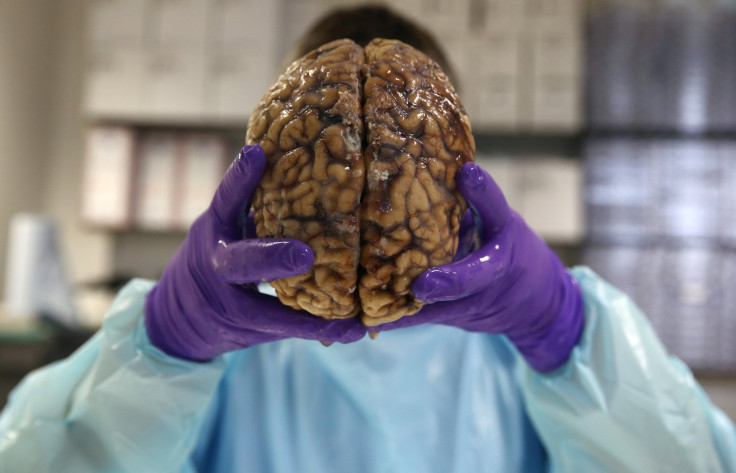How To Protect Brain Health? Playing A Musical Instrument Can Help Older Adults

Playing a musical instrument can help older adults retain their listening skills and avoid age-related cognitive declines, a recent study conducted at Baycrest Health Sciences revealed. Cognitive impairedness can create trouble in an older adult from doing day to day work.
This new finding, which was published in a study in the Journal of Neuroscience on May 24, could lead to the development of brain rehabilitation interventions through musical training. The study found that learning to play a sound on a musical instrument alters the brain waves in a way that improves a person's listening and hearing skills over a short period of time.
Read: Chips In Your Brain Could Help Treat Diseases Better, Faster Recovery
"Music has been known to have beneficial effects on the brain, but there has been limited understanding into what about music makes a difference," Dr. Bernhard Ross, senior scientist at Baycrest's Rotman Research Institute (RRI) and senior author on the study said. "This is the first study demonstrating that learning the fine movement needed to reproduce a sound on an instrument changes the brain's perception of sound in a way that is not seen when listening to music."
Baycrest scientists have conducted several studies to find how a person's musical background impacts the listening abilities and cognitive function as they age. Researchers have also explored ways how the brain changes during aging impact hearing.
The latest study involved 32 adults who had normal hearing and no history of neurological or psychiatric disorders.
Researchers first recorded the brain waves of participants while they listened to bell-like sounds from a Tibetan singing bowl. After listening to the recording, half the participants were provided with a Tibetan singing bowl and asked to recreate the same sounds and rhythm by striking it while the other half were asked to recreate the sound by pressing a key on a computer keypad.
"It has been hypothesized that the act of playing music requires many brain systems to work together, such as the hearing, motor and perception systems," Dr. Ross, who is also a medical biophysics professor at the University of Toronto said. "This study was the first time we saw direct changes in the brain after one session, demonstrating that the action of creating music leads to a strong change in brain activity."
In the next steps, researchers analysed recovery between stroke patients with musical training compared to physiotherapy and the impact of musical training on the brains of older adults.
Further study of this method could help researchers use musical training rehabilitation programs for other conditions that impact motor function, such as traumatic brain injury.
The Alzheimer's Association has also listed some ways in which an aging adult can protect brain health.
1. Protecting your heart from disease, high blood pressure, diabetes and stroke can help maintain brain health.
2. Maintaining a recommended level of body weight, blood pressure, cholesterol and blood sugar.
3. Including more antioxidant-rich foods in your diet and eat less fat.
4. Physical exercise can encourage the development of new brain cells.
5. Avoid smoking, drinking excessive alcohol or use of street drugs.
© Copyright IBTimes 2024. All rights reserved.





















